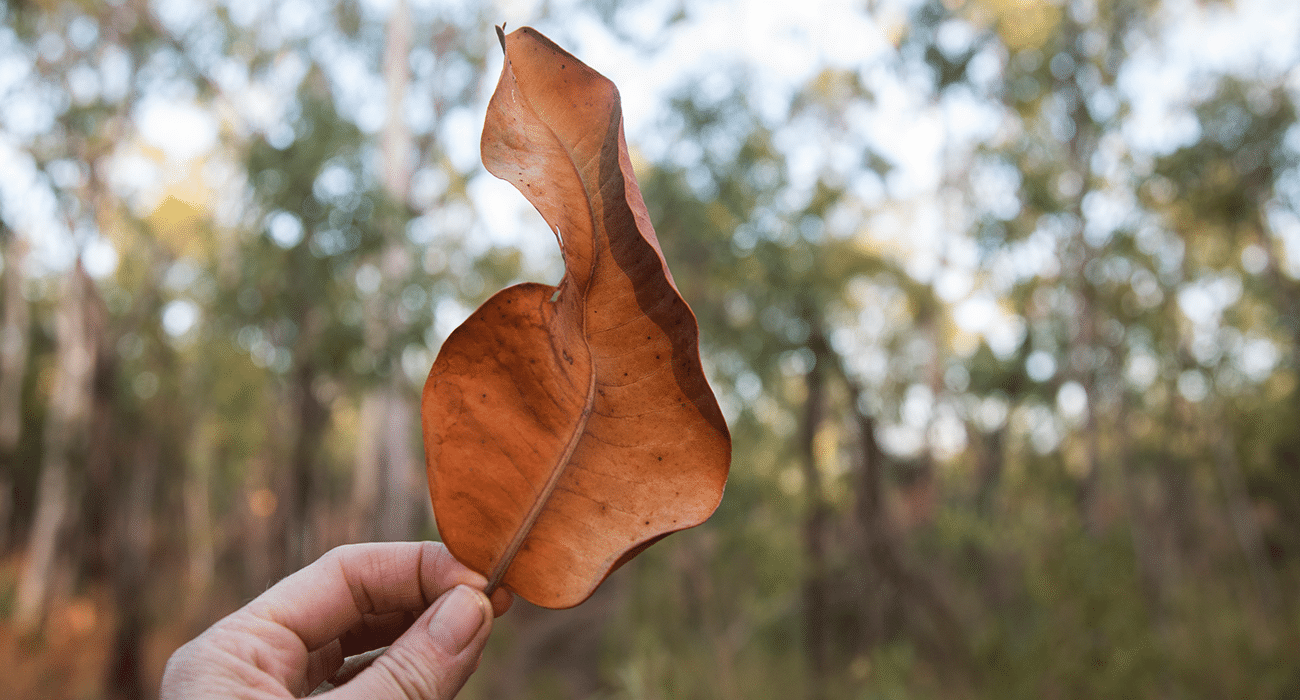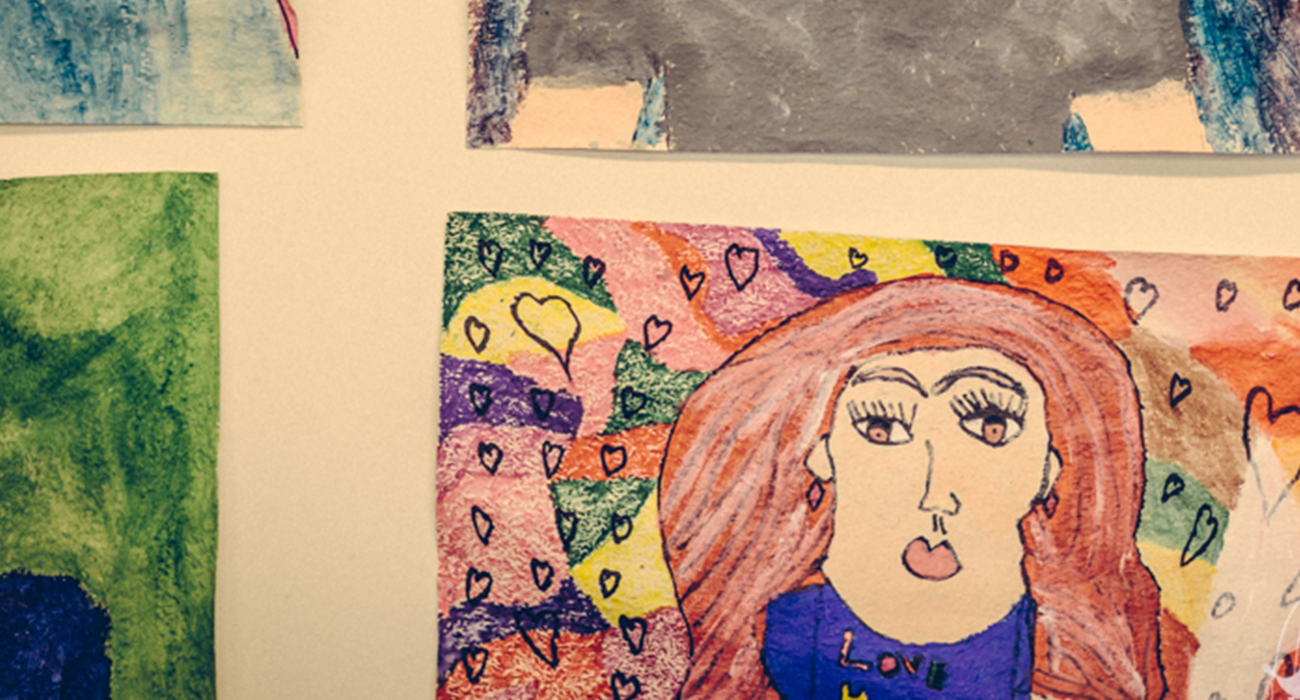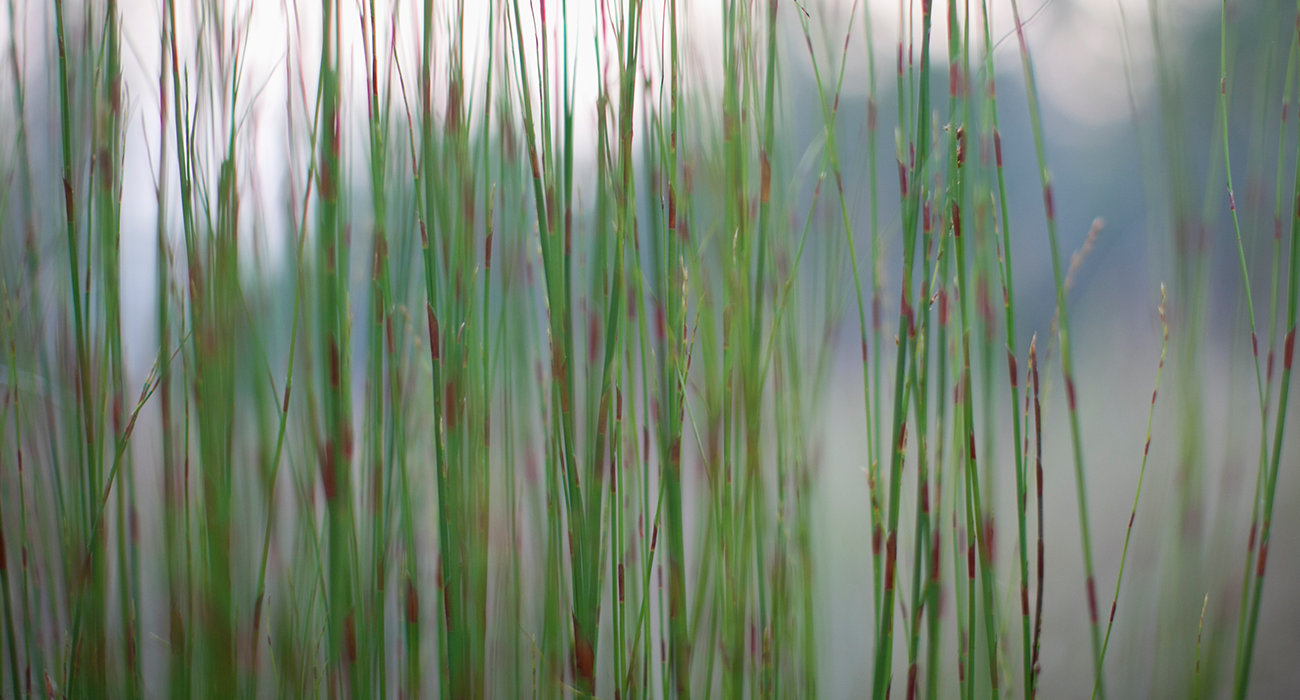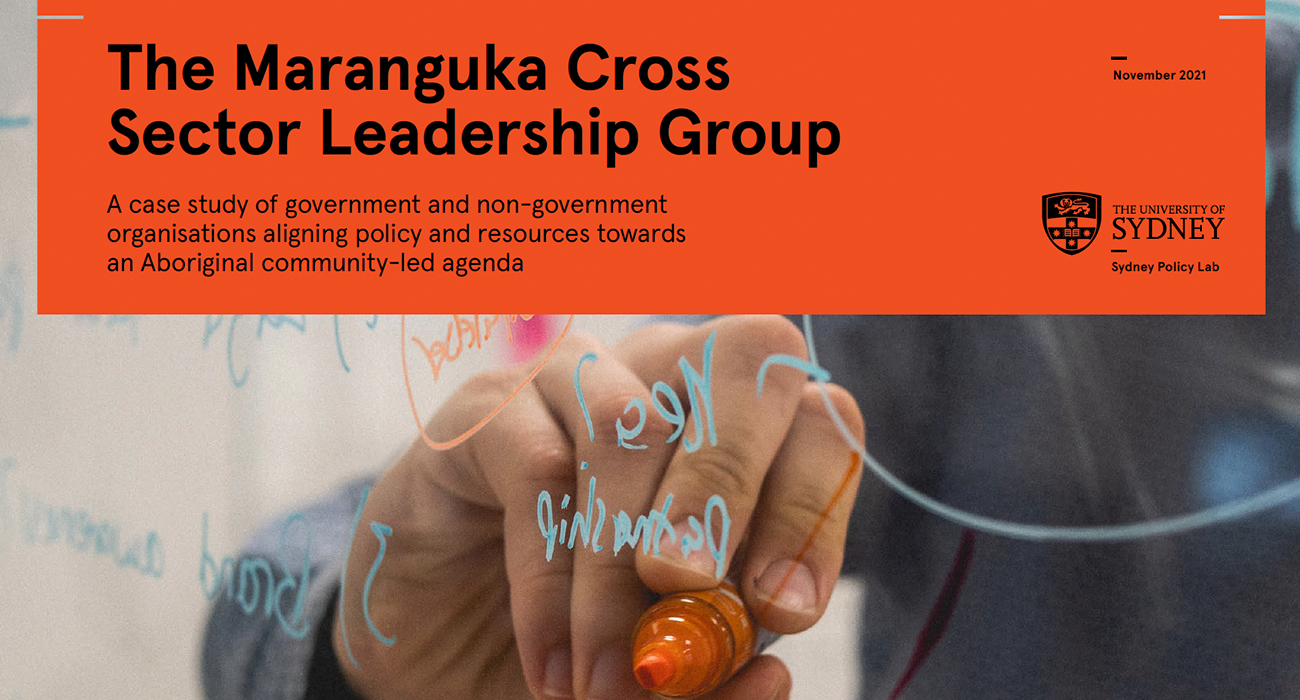Across the world most nations want their citizens to be creative. Countries believe that, if their people are more creative they will in turn be likely to be, among other things, better at problem-solving, more entrepreneurial, happier and more successful in life. If creativity is a valued attribute, then it follows that, unless it is an inherited trait, it needs to be learned. Find out what Creative Learning is and why it matters in this Dusseldorp Forum research report by Bill Lucas and Michelle Anderson. Read Creative Learning in Schools here.

- Philanthropy
Thriving People and Places
After lots of learning, reflection, and refinement we are very pleased to share with you the vision, values, principles, and work that will take Dusseldorp Forum forward from 2023.


